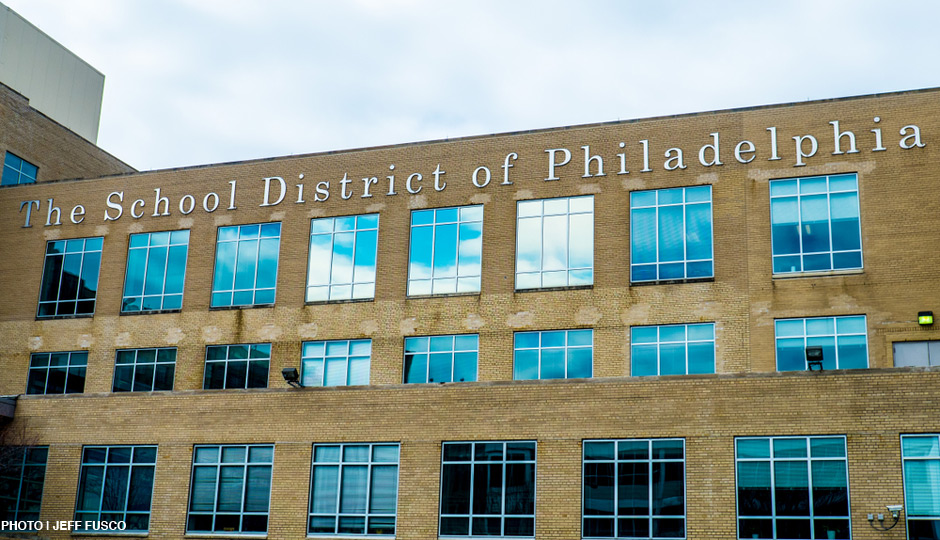Pew Poll: Philadelphians Are Split on Charter Schools
Philadelphians say education is the top issue facing the next mayor, according to a Pew Charitable Trusts poll released Monday. But if you’re looking to find out if they side more with traditional public schools or charters, the survey of more than 1,600 residents doesn’t show a clear winner. In fact, the poll indicates that Philadelphians have a rather nuanced view of the city’s schools.
Here are the major findings of the Pew poll, which was conducted by phone from Jan. 28 to Feb. 19 of this year, and what they could mean for the mayor’s race:
- Thirty-two percent of those surveyed said K-12 education is the biggest issue on the next mayor’s plate. All of the Democratic mayoral candidates have made schools a priority in their campaigns, to varying degrees. Twenty-three percent of respondents in the Pew poll said crime is the top issue; twenty-two percent said jobs and the economy are the most important. What about government corruption, taxes and poverty? Each of those issues brought in less than 10 percent of the vote.
- The majority of poll respondents — 77 percent — gave public schools a grade of “fair” or “poor.” Nineteen percent said they are “good” or “excellent.” Asked about charter schools, 58 percent of those surveyed said they “improve education options and help keep middle-class families in the city,” while 33 percent said charters “take too much money away from the public schools and lack sufficient oversight.” Blacks and whites did not have notably different views on charters. (Respondents were given the choice to pick between the two statements.) This should be good news for state Sen. Anthony Williams, who is seen as the strongest supporter of “school choice” among the mayoral candidates, right?
- Not so fast. Asked how to improve the city’s school system, 55 percent of respondents said the government should “spend more money on the traditional public schools,” while 35 percent said to “allow more charter schools and other new options.” On one hand, this is good news for every Democratic mayoral candidate except for Williams, since they all called on the Philadelphia School Reform Commission last month to reject the 39 applications to create new charter schools. On the other hand, Williams has said he’s done more to bring additional funding to the city’s public schools than any other candidate in the mayor’s race. Which message will appeal more to voters who want extra money for traditional public schools?
- Forty-eight percent of respondents said they want to get rid of the SRC. Eleven percent said they’d like it to remain; forty-one percent didn’t have an opinion either way. Which of the Democratic mayoral candidates does that benefit, and which does it hurt? Former city solicitor Nelson Diaz is the only contender who wants to eliminate the SRC immediately, and former Philadelphia Gas Works executive Doug Oliver is the only candidate who wants to keep the SRC in place (though he would like to the change the makeup of board so there are three mayoral appointees and two gubernatorial appointees). According to an Inquirer report, former City Councilman Jim Kenney, former District Attorney Lynne Abraham, former state Sen. Milton Street and Williams all said they want to ditch the SRC once more state funding is guaranteed.
In other words, it’s a mixed bag for the mayoral candidates. Perhaps subtlety in the schools debate will win over voters. It’s also important to note that Pew surveyed residents in general, as opposed to those likely to vote in the primary election.
